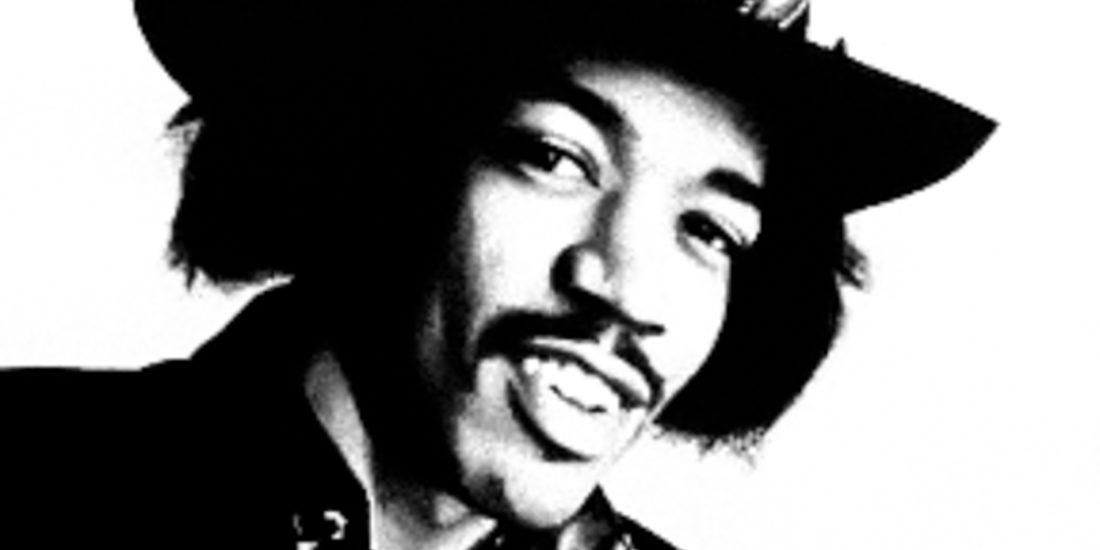This is not the first generation facing a fearful future. Exactly fifty years ago, 1968 – nestled between the Summer of Love (’67) and Woodstock (’69) - was known as the year of revolt. “It was a year of seismic social and political change across the globe” (www.theguardian.com). From Vietnam protests and Civil Rights marches, to the assassinations of Robert Kennedy and Martin Luther King, American culture was awash in struggle yet alive in activist ideology. In particular, Classic Rock of the era served as a reflection of the times, a call to action, and eventually an eternal lesson on love, angst, and protest. Using Sellnow’s Illusion of Life methodology, which examines music as rhetoric, this essay analyses the top ten hits of that year (per http://ultimateclassicrock.com/1968-songs/). The website posits, “The best songs of 1968 mostly steered clear of the hippie trappings that dominated the two surrounding years,” and includes such timeless masterpieces as Joplin’s “Piece of my Heart”, Cream’s “White Room”, Hendrix’s “All Along the Watchtower”, and the Rolling Stones’ “Sympathy for the Devil”. The humanistic methodology begins by identifying first the patterns found in the songs’ virtual time (music) and virtual experience (lyrics). Analysis then delves into the use of strategies such as congruity, incongruity, ambiguity, and ascription to get across meaning. From there, we critique the interpretations and impact such works had on their original generation, trace their ongoing impact over the course of five decades, and conclude with moral and pragmatic applications for today.
Classic Rock in the Year of Revolt: Using the Illusion of Life to Examine the Hits of 1968

